One of the things I enjoyed about our road trip through Alaska and Canada was meeting a variety of people and hearing their stories.
Photo by Tyler Nix on Unsplash
In Skagway, we struck up a conversation with a Native Alaskan in his 70s who had volunteered with Red Cross for 30+ years and had been assigned to several disasters all over the Pacific Northwest. When he learned we were from Oregon, he told us he had worked a couple of wildfires there. We thanked him.
We met Dave in the air museum in Fairbanks’ Pioneer Park. He came to Alaska to visit a friend after getting out of the service in ‘72, and never left. Dave has completed several rescues, including a crew from a barge that struck ice. “There were five of us crammed into the plane like sardines—quite a bit of weight,” Dave remembered. “I was sweating it, hoping we’d get up in the air.”
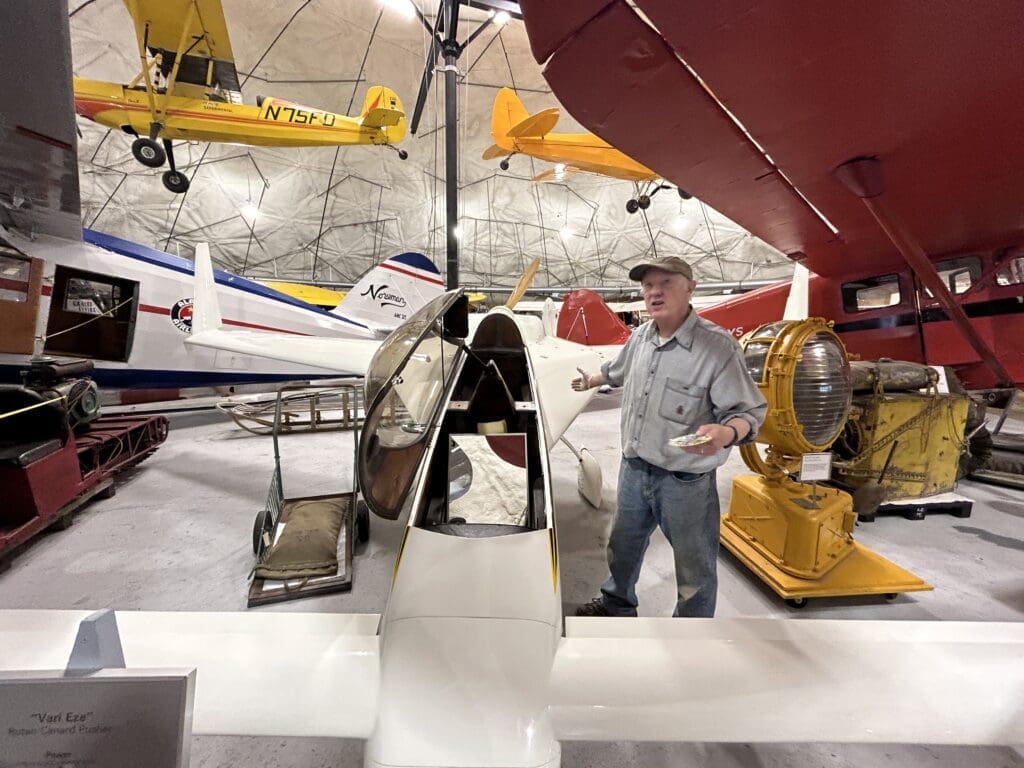
Dave at Fairbanks’ Pioneer Park Air Museum
Nathan was our young kayak tour guide out of Whittier. Born in Israel to American parents, Nathan has spent several years leading rafting and kayaking white-water adventures around the world. He had us beach near a creek where salmon were swimming upstream. After marveling at the multitude of fish, we hiked a short trail that took us above a waterfall to look down on dozens of salmon trying to breach the falls. Nathan’s delight was in seeing our delight at this natural phenomenon.
In British Columbia, we met Laura, Sarah, Nick, and Mat—young biologists working for Canada Parks. They were coming off a week-long field assignment that involved monitoring caribou using wildlife motion-detection cameras placed remotely. “We wanted to work in undisturbed places,” Laura spoke for the crew. “If you enjoy studying and working in natural settings and around wildlife, then chances are the people on your team also enjoy it … and those are your people.”
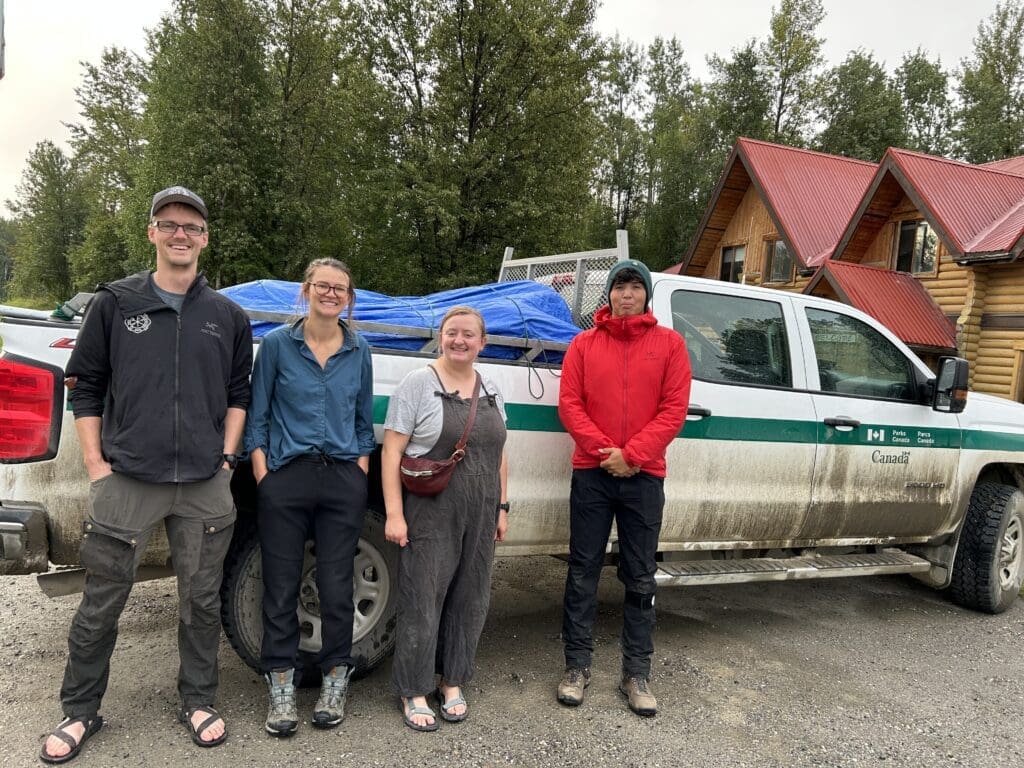
Left to right: Nick, Sarah, Laura, and Mat with Canada Parks
In Jasper National Park, BC, we took a tram up a tall mountain, and then hiked to the summit from there. On the way, a handful of teenagers—part of the Alberta 14-16 ski team in training—passed us. They had run the entire distance from the valley floor. What?!
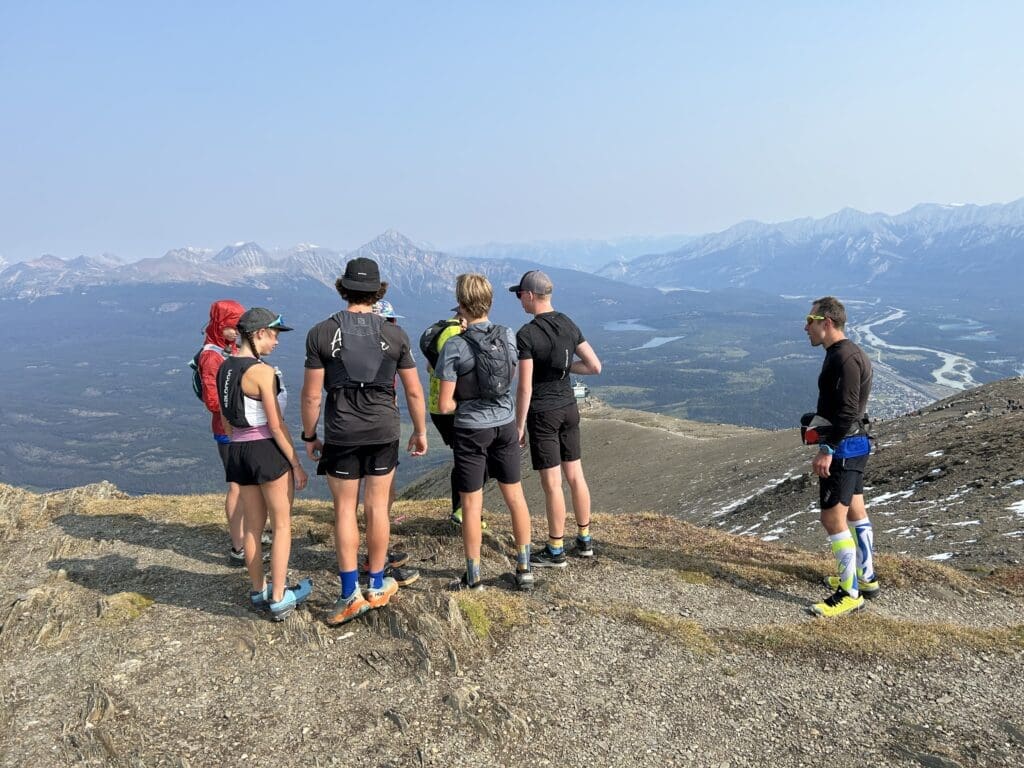
Part of Alberta’s 14-16 ski team in training
As we headed south toward home, we took a sunset cruise on Idaho’s Payette Lake and struck up a conversation with Robert, a retired chef (although I suspect a chef never retires). He trained in Portland, worked at Portland’s Hilton, and then the Waldorf Astoria in New York. Of all the international locations, Robert’s favorite places to cook were in Spain, Germany, and the Caribbean. “When you travel to another country to cook, you don’t try to change them,” Robert said. “You learn their culture and their foods.”
Our road trip was enhanced by each of these people. I loved hearing their stories. I loved asking questions, and then—the more we learned—asking follow-up questions. (Dan says I interrogate people, but you can’t always believe everything Dan says.)
Matthew West, singer and songwriter, said something during an interview that stuck with me:
We’re all got just one shot in this world, one life to live, one story to tell.
Matthew West
It’s important to tell our stories. Because even though they oftentimes contain sorrow and mistakes and deep disappointments, they’re also overspilling with grace and redemption and new purpose.
Tell your story. Because it has the capacity to bring honor to God. And it can unfurl hope and courage for others.
Marlys Lawry
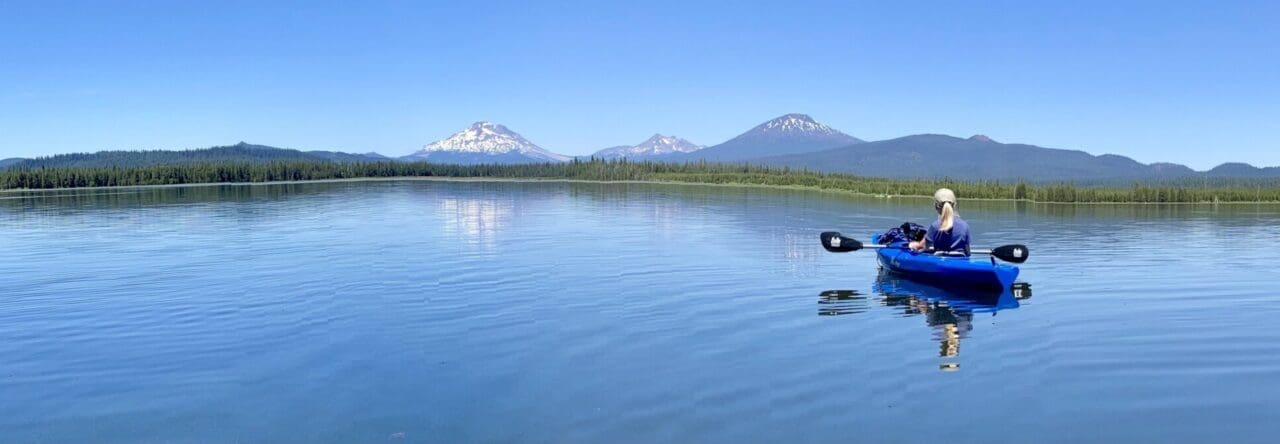
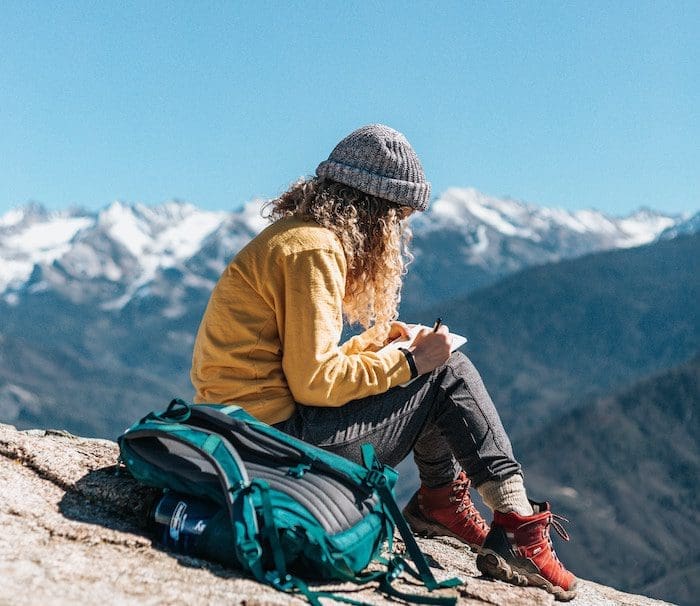
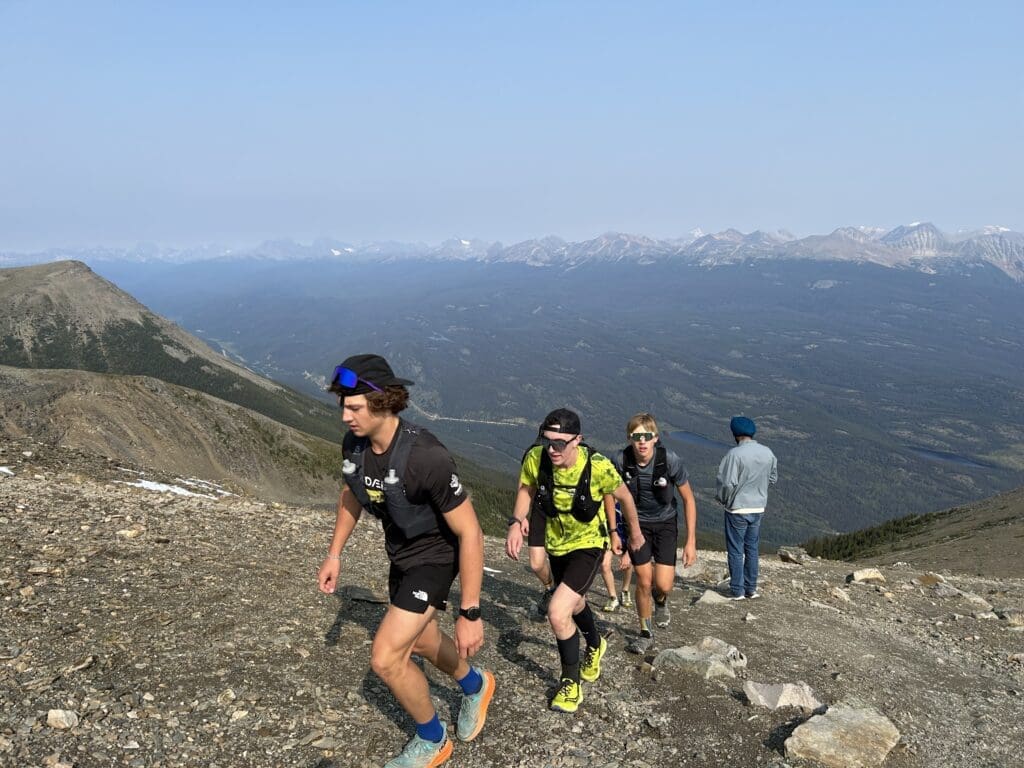
Judith Vander Wege
I love your closing quote: “Tell your story. Because it has the capacity to bring honor to God. And because it can unfurl hope and courage to others.”
That’s two reasons I write.
https://judithvanderwege.com
Marlys Lawry
And those are great reasons to write, Judith!